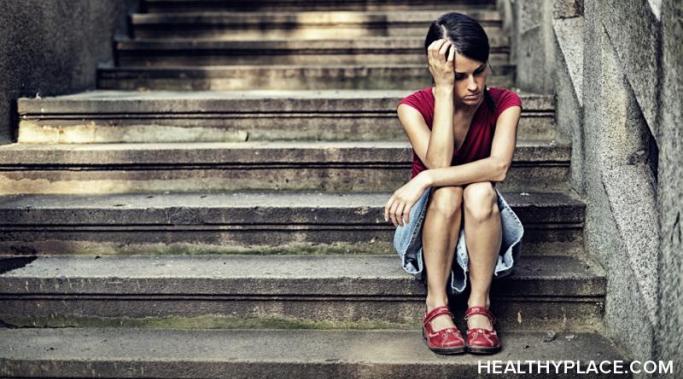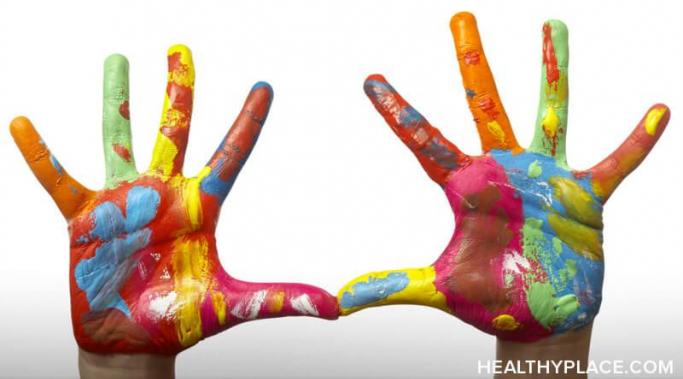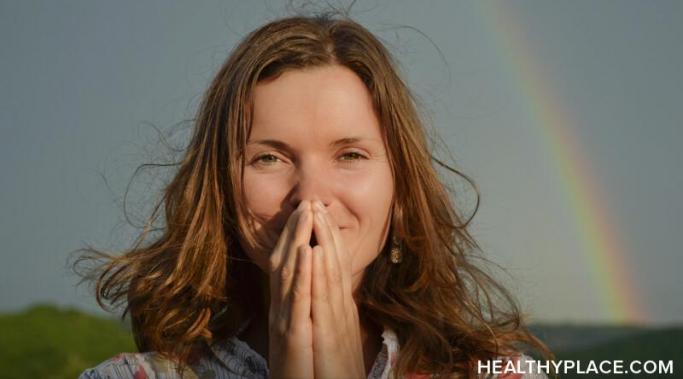When I struggle with disordered eating behavior, specifically binge eating disorder (BED), I am usually fixated on thinking about the future. Fear and worry dominate whenever I try to control my food intake or comfort myself with food. The fear of the unknown triggers my binge eating disorder symptoms.
Binge Eating Recovery
Each summer, I am greeted by a familiar experience. I shake my routines and try to squeeze in being outside and seeing people I haven't seen in a while. Summer draws out my restless, ambitious side. I've realized in previous summers that this frenzy of activity affects the routine that keeps me in recovery from binge eating disorder (BED). This summer, I am reminding myself what I need to do to savor the summer months while not engaging in eating disorder behavior.
When I drive through the familiar streets of my hometown, I experience a sharp realization that time is passing. My family is older, and my hair is thinning and greying. My friends have moved to different cities or states. I notice I feel completely different about my life and my future compared to when I was growing up with an eating disorder. My experience with eating disorders, and specifically binge eating disorder (BED), used to suck the vitality out of my life and leave behind a rigid pattern of living that made me dread my future.
When we recover from binge eating disorder (BED), or any other type of eating disorder, we are changing our way of being in the world. We change behaviors, our reactions to emotions, our environments, and the way we think about ourselves and compare ourselves to other people. Recovery is a massive internal and external renovation that is difficult to see up close. Sometimes, you can only notice changes when you compare how you feel today versus how you felt many years ago in eating disorder recovery.
Yesterday, I received a phone call about someone I love who is not well. I took this particular phone call while my dinner plate was in front of me. I pushed around vegetables with my fork, listening and processing the news. After the call, the evening went on. I covered a page in my sketchbook with watercolor stripes. I read Shel Silverstein's poems. I noticed I didn't feel the urge to scour the pantry for food to snack on as I had in the past. Sometimes binge eating disorder (BED) flares amid grief, and sometimes it stays dormant.
Around this time last year, I decided to cancel my gym membership and practice yoga at home to support my binge eating disorder (BED) recovery. I wanted to try a new way of exercising that would help me lean into my recovery. I'd been experiencing a deep shift of motivation in my recovery, and I was encouraged by my counselor and my partner to try something new. I had a feeling I'd outgrown my gym routine, and I wanted to experience a new way to interact with my body.
Before I recovered from binge eating disorder (BED), I would not have identified myself as a creative person. My identity at the time revolved around sports, athleticism, and my appearance as a student-athlete. This image I held onto kept me in an awful cycle of restricting and binge eating. I felt like I had to keep up an athletic appearance. After I graduated high school, I knew I'd outgrown my old identity, but I did not know where to begin outside of that structured model.
Last weekend I was able to spend a special day with someone I love. We went to town, snacked on sweet corn empanadas, and ended the day with dinner and drinks. The next day, I decided to bake all afternoon for fun. It was a weekend of enjoyment and indulgence. That's when I noticed that something had changed in the way I feel about food, and myself since I started my recovery from binge eating disorder (BED). I was able to settle into the moment and allow myself to enjoy and savor instead of feeling guilty about indulging.
Almost two years ago, I decided to try intuitive eating to distance myself from binge eating. I didn't trust my body to stay at a healthy weight without dieting, but I knew I had to try to break out of my eating disorder habits. It sounded like a dream to eat whatever I wanted without guilt or worrying. I was skeptical intuitive eating would work for me, but I was eager to try it as an experiment.
I was introduced to the power of intuitive eating during my second attempt at eating disorder recovery. Before then, I was aware of my binge eating disorder, but I still restricted my food and shamed myself when I binged. I'd reached a point where I knew that something had to change, but I didn't know how to change it.









